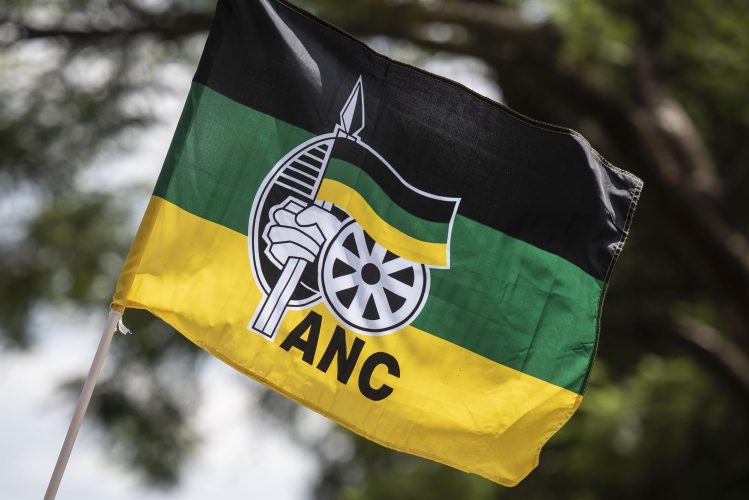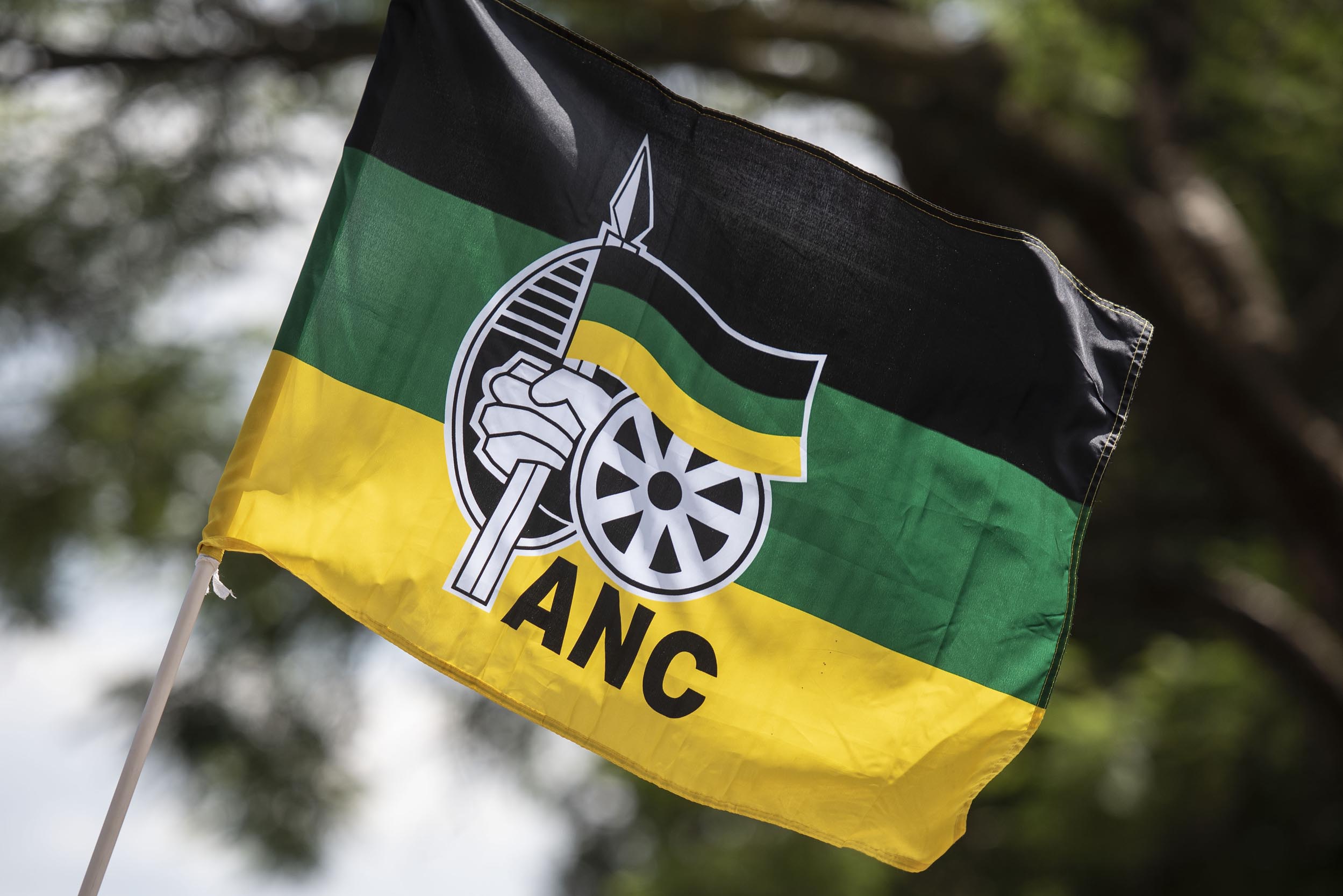
To many of us, the youth in the ’70s and ’80s, the ANC and its internal structures, like the United Democratic Front, were attractive to associate with, but not any more.
At the time, just by looking at calibre of its leaders, such as the then imprisoned Nelson Mandela and exiled Oliver Tambo, it was easy to conclude the ANC was blessed with the finest.
Just those two alone were inspiring leaders and that’s not to mention the long list of their highly disciplined predecessors, from Albert Luthuli right up to founding president John Langalibalele Dube.
But the same can’t be said about the current crop of ANC leaders, who thrive on factionalism, ill-discipline and corruption.
ALSO READ: Supra Mahumapelo suspended from ANC for five years
It got to the stage that Luthuli House stopped denying the existence of these woes. In the ANC, corruption is celebrated.
Under the ANC, South Africa has become the only country in the world where night vigils are organised outside courts where high-profile corruption suspects are to appear. It’s no wonder that when people are demanding services, they burn clinics, libraries and schools instead of using proper channels.
The rot is at the top and people think anarchy is the way to go. In the ANC, there is a rogue element that wants to remain in the party but disobey every policy or decision it makes. To this group, their corrupt, selfish interests are important – not the party’s survival.
On the other hand, those who want the ANC preserved in its original form as a disciplined force that truly represents people’s interests are getting fewer. This group, or the individuals who think this way, believe that all party decisions must be respected and they don’t need to be reminded to do what is right and in the interest of the party.
They value ANC unity and wouldn’t mind making personal sacrifices, including stepping aside from their cushy positions for the sake of unity. Such leaders are rare. Thabo Mbeki was the last.
Even to date, top leaders of the ANC speak in vague terms to explain why Mbeki was removed because it’s not enough to say he was aloof and centralised power.
Although he would have been justified to challenge it, Mbeki felt unity of the ANC was more important than himself. He exited silently.
An interesting tweet was posted by Northern Cape ANC provincial secretary Deshi Ngxanga recently about the ANC’s step-aside decision. If he meant it and walked the talk, that would be good leadership by example.
Ngxanga said: “I will not hesitate to step aside if I’m indicted. The PEC [provincial executive committee] will not even discuss my stepping aside.
“Stepping aside is a revolutionary act. Those who are tainted cannot lead. The ANC will lose power if we continue along this line.”
But, usually, leaders who think like Ngxaka rarely face disciplinary action. It’s always the rogue element that believes that disciplinary processes are for others, not them.
They shout empty, revolutionary slogans at rallies and factional party gatherings but when the time comes to face a disciplinary committee, they blame everybody but themselves.

